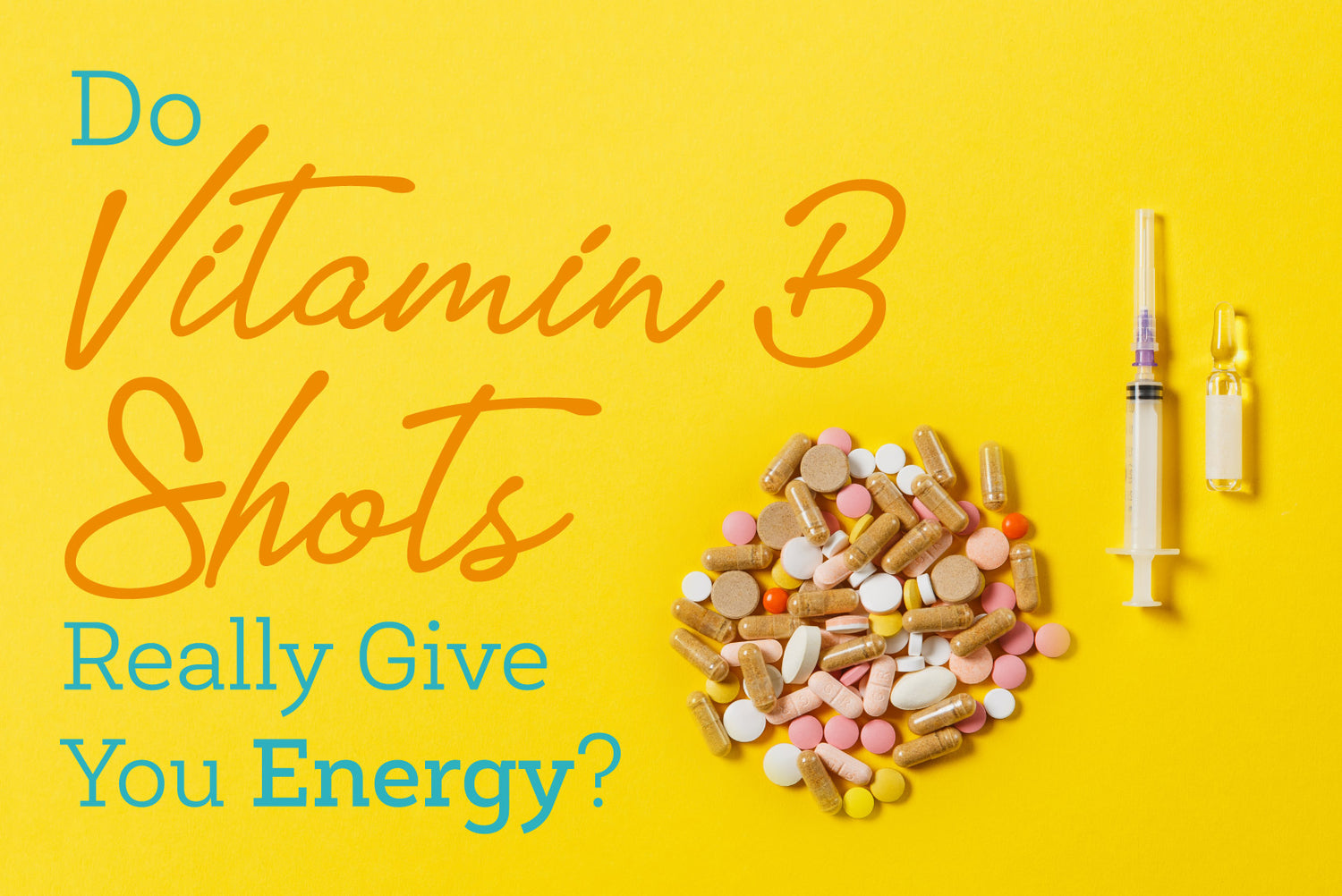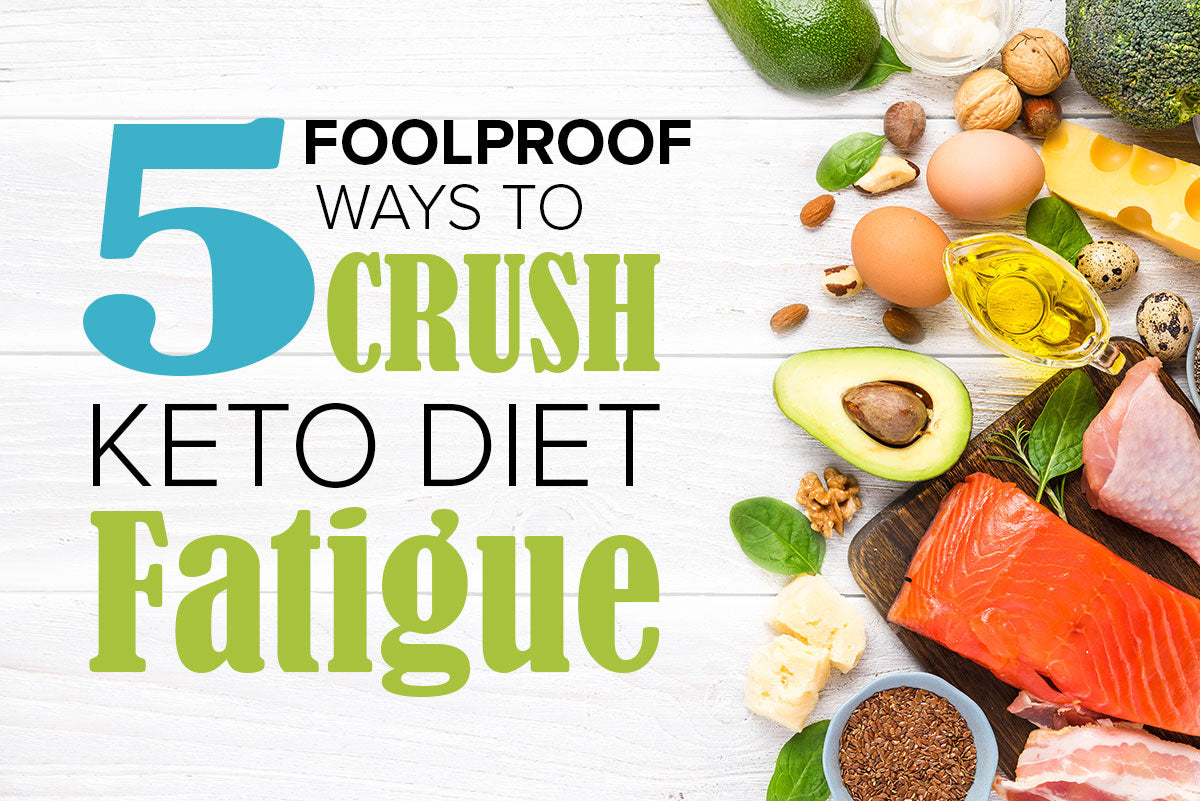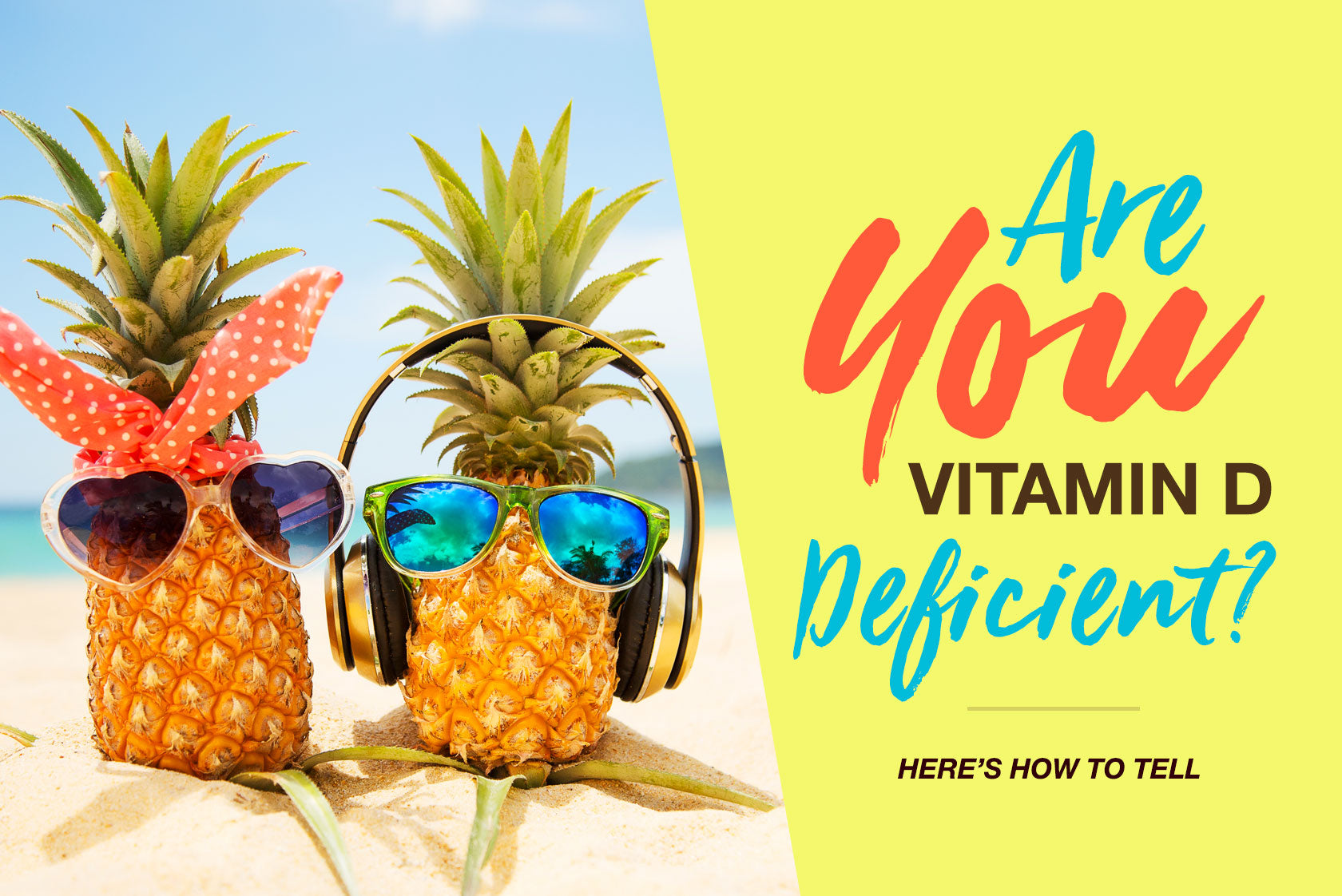What Are Additional Signs of Vitamin B12 Deficiency?
While fatigue is a top sign of low vitamin B12, many illnesses and ailments also cause fatigue, so if you think you may be deficient, do a quick scan to see if you have any of these other warning signs:- Forgetfulness. We all get “brain farts” from time to time, but if yours have increased in frequency, a lack of vitamin B12 could be to blame. B12 protects the nerve cells in the brain. (Check out the Top 10 Brain Foods to Improve Memory.)
- Muscle Weakness. One of the jobs of B12 is to make red blood cells, which distribute oxygen to the body. If you feel like you have “mushy muscles,” it could be from low vitamin B12.
- Depression and Anxiety. Because B12 plays a key role in producing brain chemicals that affect mood, it’s no surprise that low levels are linked to depression and anxiety.
- Pins & Needles Sensation. This is a serious side effect of not enough B12, as it indicates that nerve damage is happening. “Pins and needles” can be described as a prickling sensation, common in the hands and feet.
- Tummy Troubles. Constipation, diarrhea, loss of appetite and gas are all digestive issues that can affect you if you aren’t getting enough B12.
- Pale or Yellow Skin. If your usually bright complexion is starting to look pale or even yellow, it could be a lack of B12. Low B12 affects circulation and red blood cell production.
Who Is At Risk for Vitamin B12 Deficiency?
Vitamin B12 is naturally found in animal products, such as meat, poultry, eggs, milk and seafood. Fortified cereals can also be a good source of vitamin B12.
Those who adhere to strict vegan diets are more at risk for vitamin B12 deficiency. In a vitamin B study of 232 vegans, more than 50 percent were deemed deficient in vitamin B12. Interestingly, of 231 vegetarians, only 7 percent were classified as vitamin B12 deficient.
Why such a big difference?
Vegans eat no animal products whatsoever, and many vegetarians eat dairy, eggs and even seafood (pescatarians).
Age is another factor in B12 deficiency. According to a publication by Harvard Medical School, up to 30 percent of people over the age of 50 suffer from atrophic gastritis, a thinning of the stomach lining. This keeps the small intestine from absorbing B12 as it should.
Likewise, if you’ve had stomach surgery, abuse antacids or alcohol, or suffer from Crohn’s disease or celiac disease, your body may have problems absorbing vitamin B12.
If vitamin B12 cannot be obtained through the diet, or cannot be absorbed through the diet, a vitamin B12 shot could be a good option for you upon doctor approval.
Vitamin B12 Injections: Are They Safe?
B12 injections are considered safe, as severe allergic reactions are very rare. The most common side effects are pain, redness or itchiness at the site of the injection.
Because B12 is a water-soluble vitamin and the body will eliminate what it doesn’t need, there is no real danger of overdose. The dangers of a B12 deficiency far outweigh the risk of injections.
Left untreated, B12 deficiency in its severe and later stages can cause irreversible brain damage in only a matter of months.
Injections Versus Vitamin B Supplements
While vitamin B12 injections have been all the rage, studies are now showing that quality oral supplements are just as effective as B12 injections.
This is great news for people who get stressed out by shots or simply don’t want the time and expense of going to the doctor’s office on a regular basis for shots.
The only exception is if you have gastrointestinal problems. Vitamin B12 injections sidestep the stomach and are directly absorbed into the bloodstream, making it a better option compared to oral supplements.
Warning: Not All Supplements Are Up to the Task!
There are two types of vitamin B12 found in supplements: cyanocobalamin or methylcobalamin. The biggest difference in the two is that cyanocobalamin is synthetic and contains a cyanide molecule. The body must cleave this off, which taxes the detoxification system and uses up precious antioxidants.
Conversely, methylcobalamin is naturally occurring and already in an active form, ready for the body to use and absorb.
Most supplements contain the lesser-quality cyanocobalamin because it’s much cheaper to produce.
Vitality is a supplement that’s different. Along with all the other vitamins, minerals, superfruits, and antioxidants you need to feel energized and amazing every day, each Vitality capsule has as much vitamin B12 as 13.3 pounds of salmon … in the form of highly absorbable methylcobalamin.
No expensive injections. No prescription. Just awesome daily nutrition that goes straight to your cells to give you the energy you need.
Get your hands on the ultimate in super nutrition today, and start living your life with Vitality. Find out more here.



